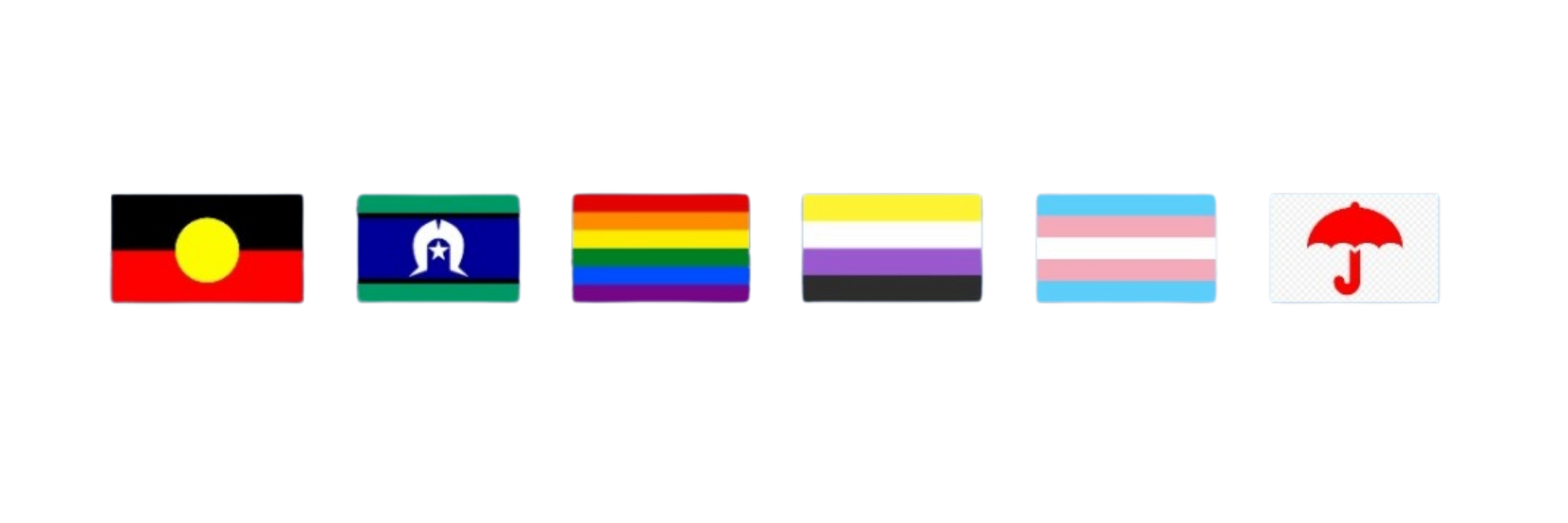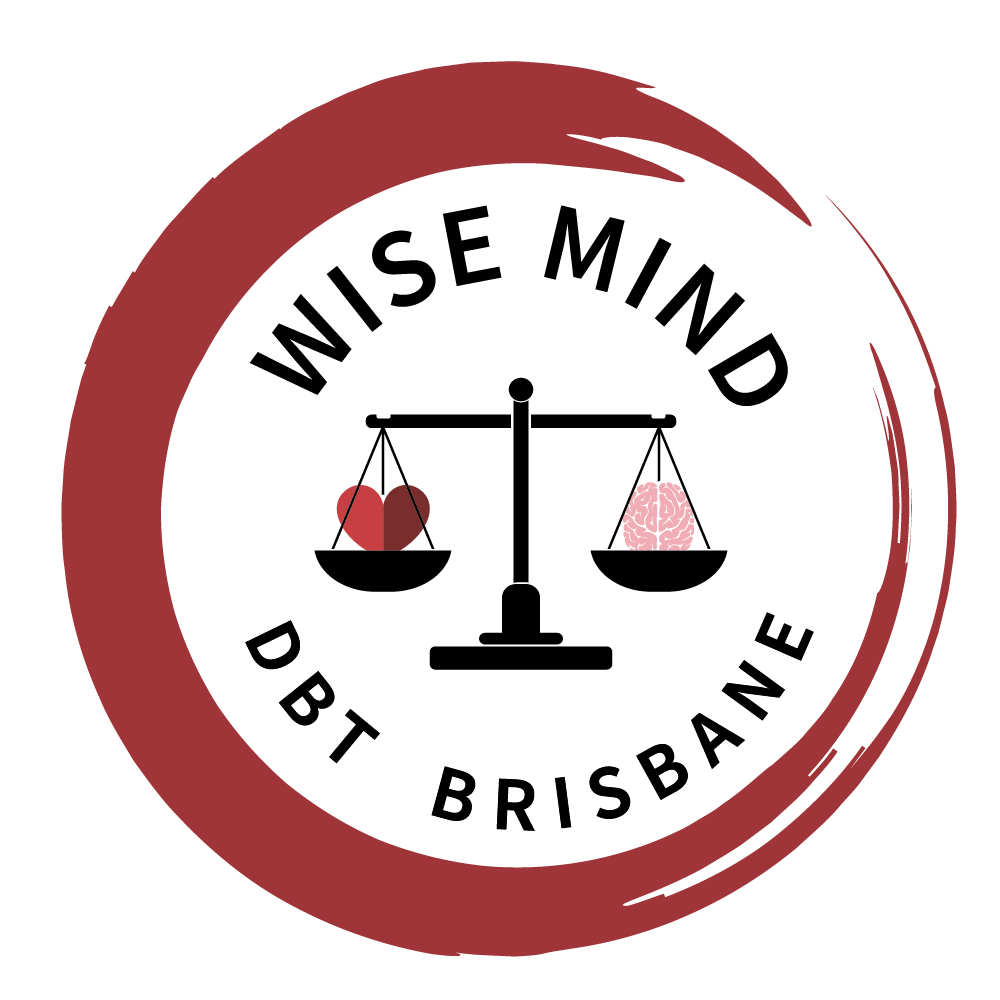Dialectical Behaviour Therapy (DBT) is a comprehensive and evidence-based therapeutic approach that was originally developed by Dr. Marsha M. Linehan in the late 1980s.
DBT emerged as a groundbreaking treatment primarily designed to assist individuals diagnosed with Borderline Personality Disorder (BPD), a condition characterised by intense emotional dysregulation, impulsivity, and difficulties in interpersonal relationships.
Over the years, DBT has demonstrated its effectiveness in treating a wide range of mental health disorders, making it a versatile and widely utilised therapeutic modality.
At its core, DBT combines cognitive-behavioural techniques with mindfulness principles, creating a unique and dialectical framework for treatment. The term "dialectical" refers to the synthesis of opposites, emphasising the integration of seemingly contradictory concepts.
What Makes DBT Unique?
DBT emphasises the concept of dialectics, which involves balancing two seemingly opposite ideas—for instance, accepting yourself while also striving for meaningful change (Linehan, 2015). By holding this balance, DBT encourages a more flexible, compassionate perspective on personal challenges.
How Does DBT Work?
- Individual Therapy
In one-on-one sessions, you work closely with a therapist to identify personal goals, monitor emotional patterns, and learn tailored skills for daily life. - Skills Training Groups
Group sessions teach DBT skills in a supportive environment. You engage in discussions, practice skills, and learn from others’ experiences. - Phone Coaching
Therapists often provide between-session coaching for guidance during moments of distress, helping you apply DBT skills in real time. - Consultation Teams
Therapists regularly participate in consultation teams to ensure treatment quality and professional support
DBT is structured around four key modules, each targeting specific areas of skill development.
Mindfulness
This module focuses on cultivating present-moment awareness without judgment. Mindfulness skills are essential for individuals to observe and describe their experiences, fostering a non-reactive and centred approach to life.
Distress Tolerance
Individuals learn skills to navigate and tolerate distressing situations without resorting to impulsive or destructive behaviours. This module equips individuals with effective coping mechanisms during crises.
Emotional Regulation
Targeting the core of emotional dysregulation, this module teaches individuals to identify, understand, and manage their emotions in a healthy manner. Emotion regulation skills empower individuals to break free from the cycle of emotional chaos.
Interpersonal Effectiveness
This module enhances individuals' ability to navigate and improve interpersonal relationships. It provides skills for effective communication, assertiveness, and conflict resolution, promoting healthier connections with others.
Imagine learning mindfulness techniques to pause and reflect instead of reacting impulsively when feeling overwhelmed. This skill allows you to observe your thoughts and emotions, then respond more calmly and thoughtfully. Such real-life applications demonstrate how DBT can support meaningful and lasting changes in your day-to-day life.
Need More Info?
Contact Us
Thanks for your message!
I'll get back to you as soon as I can.
Please try again later.
In the spirit of reconciliation Wise-Mind DBT Brisbane acknowledges the Traditional Custodians of country we live and work. We acknowledge the Yuggera and Turrbal peoples and their connections to land, sea and community. We pay our respect to their Elders past and present and extend that respect to all Aboriginal and Torres Strait Islander peoples today.
We acknowledge that sovereignty was never ceded.

Group Skills Programs
0478 589 673
admin@wise-mind.com.au
141 Melbourne Street,
South Brisbane 4101
All Rights Reserved | Wise-Mind DBT Brisbane

